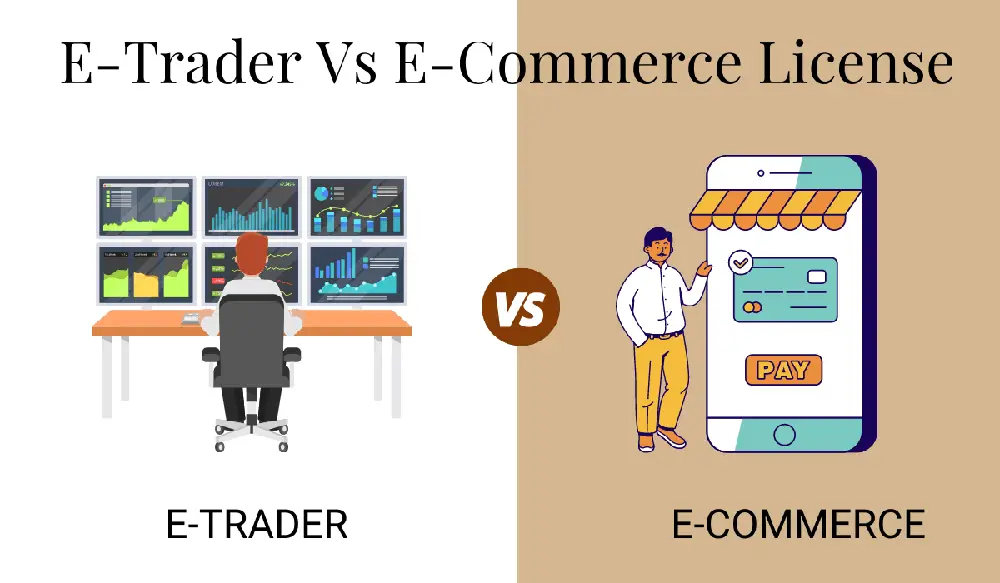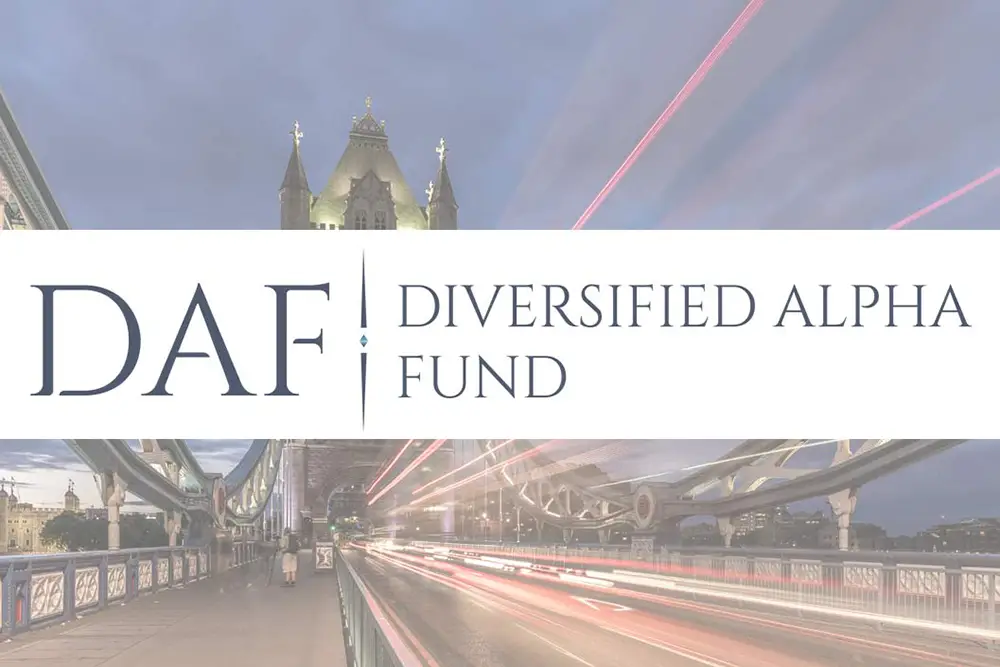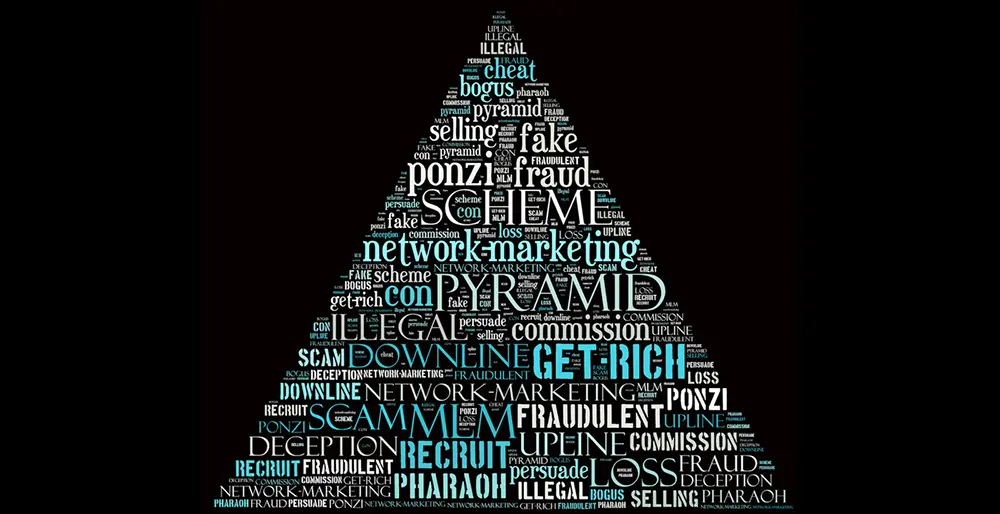Exploring Trading Licenses: Key Differences

Trading licenses play a vital role in the world of trading, ensuring legal compliance and fostering trust among traders and investors. However, understanding the various types of trading licenses and their differences can be daunting.
Securities License: Empowering You to Trade with Confidence
A securities license, also known as a broker-dealer license, is a fundamental requirement for trading securities. This license enables individuals or firms to buy, sell, and trade stocks, bonds, mutual funds, and derivatives. Obtaining a securities license entails passing specific examinations and meeting financial and ethical criteria.
Within the securities license domain, there are two key types: the Registered Representative (Series 7) license and the Investment Advisor (Series 65) license. The Series 7 license permits individuals to execute securities transactions for clients, while the Series 65 license allows them to provide investment advice.
Commodities and Futures License: Unleashing Opportunities in Diverse Markets
If you aspire to trade commodities and futures, acquiring a commodities and futures license is indispensable. This license grants individuals or firms the authority to trade commodities like gold, oil, natural gas, agricultural products, as well as financial instruments such as futures contracts and options.
To obtain a commodities and futures license, traders must register with the Commodity Futures Trading Commission (CFTC) and become members of the National Futures Association (NFA). Adhering to regulatory standards and adopting robust risk management practices is paramount in this field.
Forex (Foreign Exchange) License: Unlocking the Thriving Currency Trading Market
The Forex market, also known as the foreign exchange market, demands a specialized license due to its unique nature. A Forex license empowers individuals or firms to engage in currency trading, involving the exchange of one currency for another at an agreed-upon price. Operating 24/5 and renowned for its volatility, the Forex market offers lucrative opportunities.
Obtaining a Forex license requires compliance with specific regulatory requirements within the respective jurisdiction. For instance, in the United States, Forex brokers must register with the Commodity Futures Trading Commission (CFTC) and become members of the National Futures Association (NFA). Similarly, in the European Union, adherence to regulations set by the European Securities and Markets Authority (ESMA) is essential.
Cryptocurrency License: Embracing the Future of Digital Assets
As cryptocurrencies gain traction, obtaining a specialized license to trade these digital assets becomes crucial. A cryptocurrency license authorizes individuals or firms to buy, sell, and trade cryptocurrencies like Bitcoin, Ethereum, and USDT.
The requirements for obtaining a cryptocurrency license vary depending on the jurisdiction. While some countries have embraced cryptocurrencies and established clear regulations, others have implemented stricter controls or even bans. Traders in this field must navigate the legal landscape diligently, adhering to the specific regulations governing their operating jurisdictions.
Key Differences between Trading Licenses
Understanding the differences between trading licenses is vital for aspiring traders. Here are key differentiators to consider:
- Trading Scope: Each license authorizes trading in specific financial instruments. Securities licenses focus on stocks, bonds, and other securities, while commodities and futures licenses enable trading in commodities and futures contracts. Forex licenses pertain exclusively to currency trading, and cryptocurrency licenses revolve around digital assets.
- Regulatory Bodies: Different licenses are governed by specific regulatory bodies. Securities licenses fall under the jurisdiction of the Securities and Exchange Commission (SEC) in the United States, while commodities and futures licenses are overseen by the Commodity Futures Trading Commission (CFTC) and the National Futures Association (NFA). Forex licensesare regulated by diverse national authorities and international organizations, whereas cryptocurrency licenses operate under varying frameworks globally.
Gaining a comprehensive understanding of trading licenses is crucial for individuals and firms venturing into trading activities. From securities and commodities licenses to Forex and cryptocurrency licenses, each license grants distinct rights and imposes regulatory obligations. By grasping the key differences between these licenses, traders can navigate the regulatory landscape effectively, ensuring compliance, and instilling trust among clients and investors. Stay informed, seek professional advice, and embark on your trading journey confidently.







